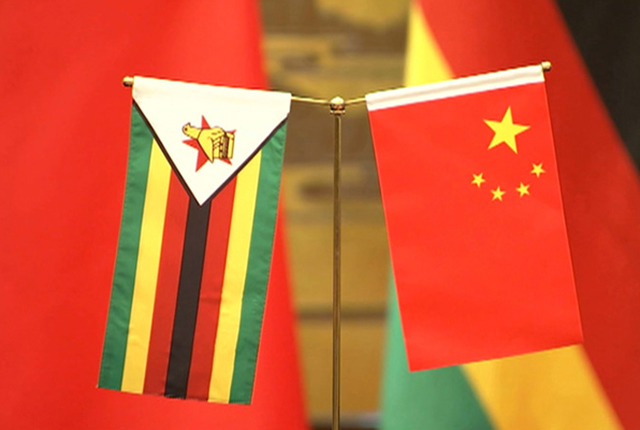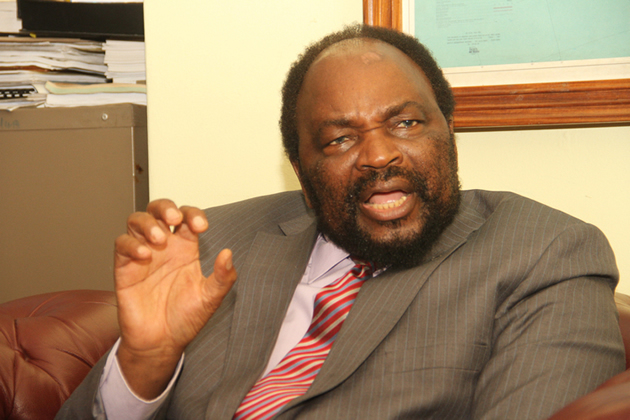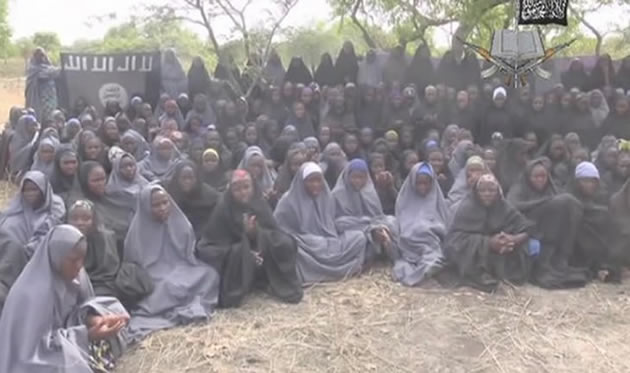‘Increased’ cooperation boost for Zim, China media sector

 Tendai Rupapa in BEIJING, China
Tendai Rupapa in BEIJING, China
President of China’s Research Training Institute (RTI) of State Administration for Press, Publication, Radio, Film and Television (SAPPRFT), Mr Lv Songshan, yesterday pledged increased cooperation between the Asian country and Zimbabwe in the media sector through increased training and seminars for local journalists.In his opening remarks at the 2016 seminar for Zimbabwean journalists and editors in Beijing yesterday, Mr Lv said his pledge was in line with Zimbabwe and China’s long standing friendship.
“Over the past 36 years of diplomatic ties, Zimbabwe and China have been understanding and supporting each other on issues of common concern and have achieved smooth and stable friendship and cooperation.
“Zimbabwe and China have signed the cooperation agreement of the expansion of Hwange coal-fired power stations and Kunzvi Dam,” said Mr Lv.
Mr Lv said China and Zimbabwe’s cooperation in the media sector would promote good working relations in other fields such as the economy, trade, culture and education.
Speaking at the same function, the head of the Zimbabwe delegation, Mr Blessing Tapiwa Jona, a lecturer in the Department of Journalism and Media Studies at the National University of Science and Technology (Nust), said the 21st Century had confronted Zimbabwe media with a host of economic, technological and socio-cultural challenges.
He said this called for traditional print and broadcast media institutions in the country to either innovate or die.
“The Zimbabwe media is certainly in need of strategies that enable it to attract ‘new money’. Advertising revenue is dwindling and some media institutions are surviving from hand to mouth, suffering from huge overheads,” said Mr Jona.
He said social media had come up as a force that challenged and threatened the mainstream media in Zimbabwe.
“Untrained street journalists, otherwise known as citizen journalists now compete with mainstream media, with concern being raised about their unprofessional and unethical coverage of news.
“In combating this and other concerns, the seminar is going to go a long way in equipping us with ideas of how to innovate so that our media institutions survive in this interesting, challenging and opportunity filled digital era.
“We are also going to benefit from ideas of how to beat the economic, technological and socio-cultural factors that are challenging our media institutions’ growth,” he said.
Responding to Mr Jona’s sentiments, the deputy director of RTI-SAPPRFT, Mr Luo Yunlong said the Zimbabwe media landscape was facing the same challenges faced by the Chinese media and promised that the Zimbabwe delegation was going to benefit from solutions to these challenges during the seminar.
The seminar is being funded by the Ministry of Commerce of the People’s Republic of China and is being is running under the theme, “Media Cooperation: Open New Chapter of China-Zimbabwe Friendship.”











Comments